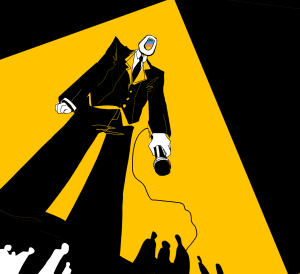Considering the number of news organizations in the United States, it’s hard to believe that many people today cannot receive reliable news from their radio or television sets. In fact, fewer than 14 percent of the world’s population lives in a country with a free press according to Freedom House’s 2013 assessment. Critiques harm an autocratic leader’s image, and so to stop dissent, they stop the message from getting to the people. They do this by jamming external satellite and AM/FM signals and controlling the media. Broadcasters around the world, including U.S. international broadcasters, attempt to circumvent such information blockades by using technologies some wouldn’t have expected.
One such broadcaster, Radio/TV Martí, tries to give accurate information to the people of Cuba. However, the Castro regime has consistently blocked their signal from reaching the island. To reach their target audience, the radio and TV provider decided to try something few would have imagined possible: paper USB drives full of their content. By folding a piece of paper properly and inserting it into a computer, islanders can now receive Radio/TV Martí’s programming without government interference.
This is one of the many innovations that the Broadcasting Board of Governors’ international broadcasters showcased at last month’s Innovating at the Speed of News event. But this new way of distributing content stuck with me. I save nearly every document in a cloud drive to ensure it is not lost if my computer dies. But what happened to external hard drives and thumb drives in the United States? Fewer people rely on keeping a “physical” copy of their work in their possession because the cloud can hold it all. But what would happen if the cloud suddenly deleted your files, if someone was able to access your files and tamper with them, or if the cloud was suddenly blocked from your use? Stepping back does not necessarily mean loosing ground; it could lead you to reconsider how and where you keep your information.














